Description
Desensitizer Gel (3 Gm)
Desensitizer gel works by blocking the nerve pathways in the teeth, thereby reducing or eliminating the sensation of pain or discomfort. It typically contains active ingredients such as potassium nitrate, fluoride, or strontium chloride, which help to desensitize the nerve endings in the teeth.
Here’s a breakdown of some key aspects of desensitizer gel:
- Active Ingredients: Desensitizer gels may contain various active ingredients, each with its mechanism of action for desensitizing teeth. For example:
- Potassium Nitrate: This compound works by blocking nerve signals in the teeth, reducing sensitivity.
- Fluoride: Fluoride helps to remineralize and strengthen tooth enamel, reducing sensitivity and protecting against decay.
- Strontium Chloride: Strontium chloride blocks the tiny tubules in the dentin, which are responsible for transmitting sensations to the nerves.
- Application: Desensitizer gel is typically applied directly to the sensitive teeth using a brush or applicator. It is usually recommended for use after brushing and flossing, and it can be left on the teeth for a specified period before rinsing.
- Frequency of Use: The frequency of desensitizer gel application can vary depending on the severity of tooth sensitivity and the specific product instructions. Some gels may be used daily, while others may only require periodic application.
- Effectiveness: Desensitizer gel can provide effective relief from tooth sensitivity for many individuals. However, the effectiveness may vary depending on the underlying cause of sensitivity and individual factors such as oral hygiene habits and diet.
- Precautions: While desensitizer gel is generally safe for use, it’s essential to follow the manufacturer’s instructions carefully. Some gels may cause temporary sensitivity or irritation, particularly if applied excessively or if the individual has known allergies to certain ingredients. If sensitivity or irritation persists, it’s advisable to discontinue use and consult a dental professional.
- Complementary Care: In addition to using desensitizer gel, maintaining good oral hygiene practices, such as regular brushing with a soft-bristled toothbrush and using a fluoride toothpaste, can help prevent tooth sensitivity and protect against dental problems.
Overall, desensitizer gel can be a valuable tool for managing tooth sensitivity and improving oral comfort. However, it’s essential to consult with a dental professional to determine the underlying cause of sensitivity and to ensure appropriate treatment and care.

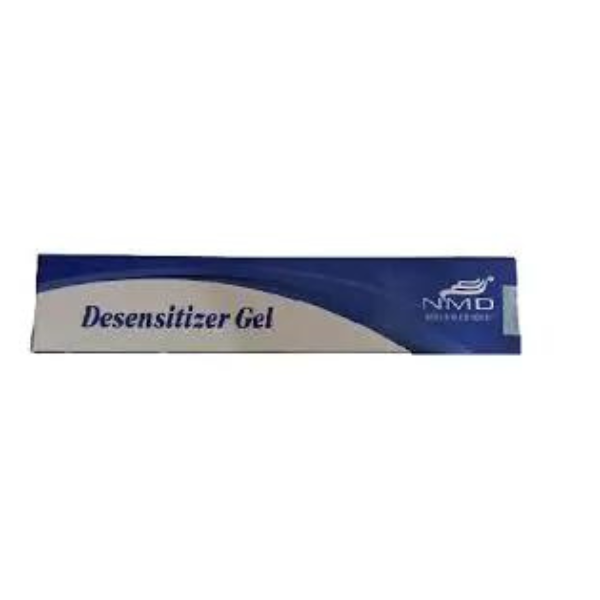
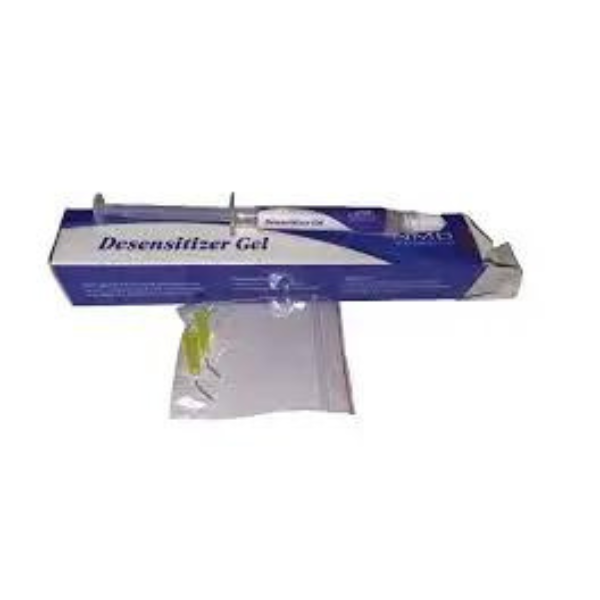
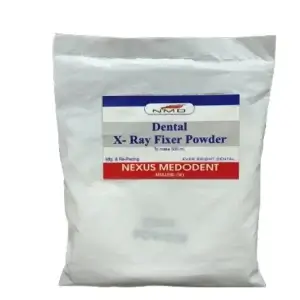
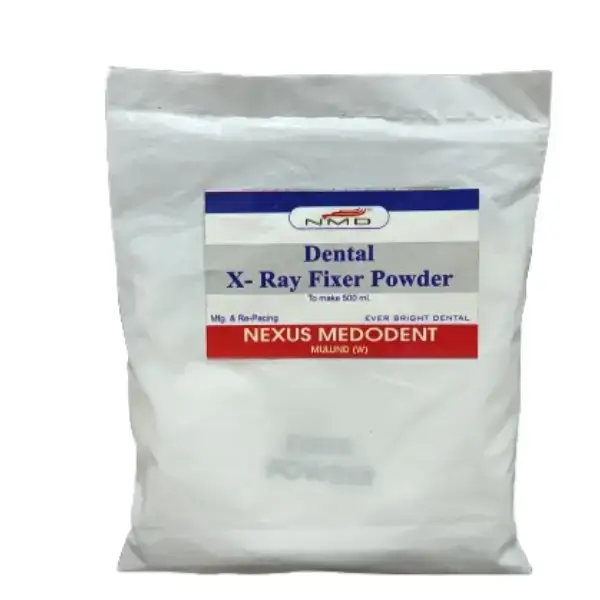


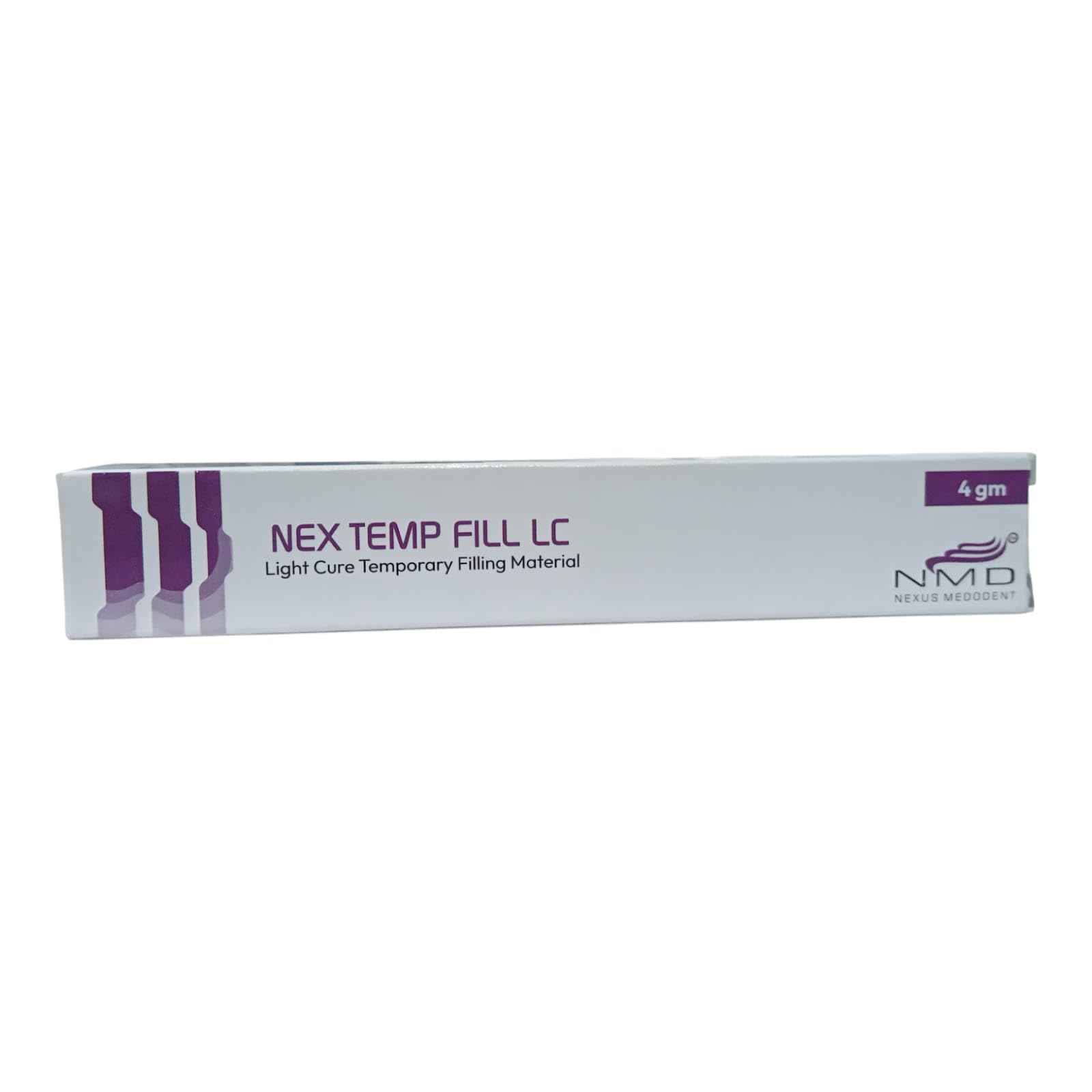
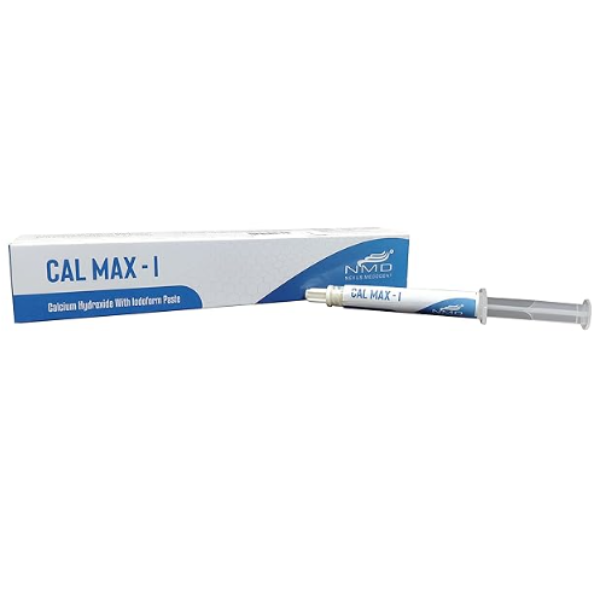
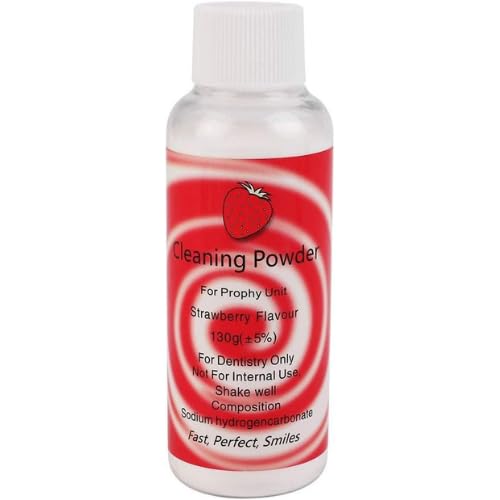
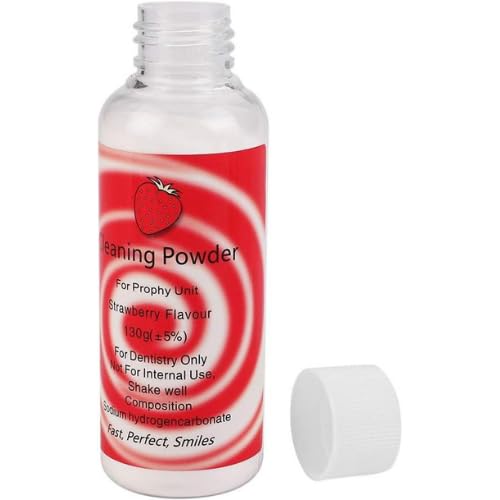
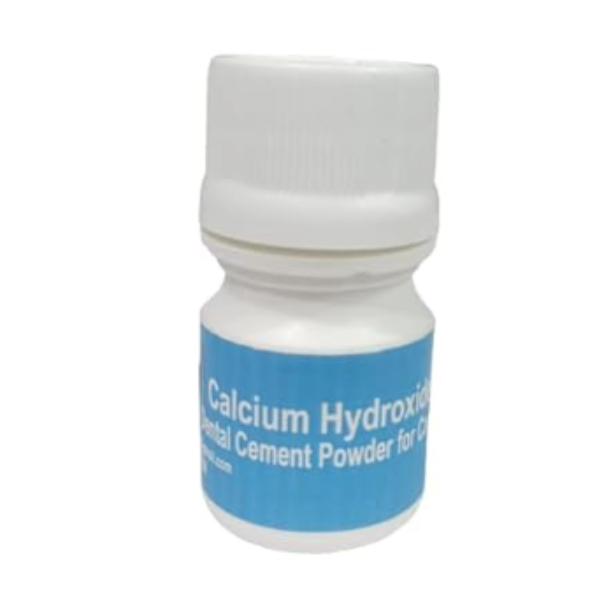
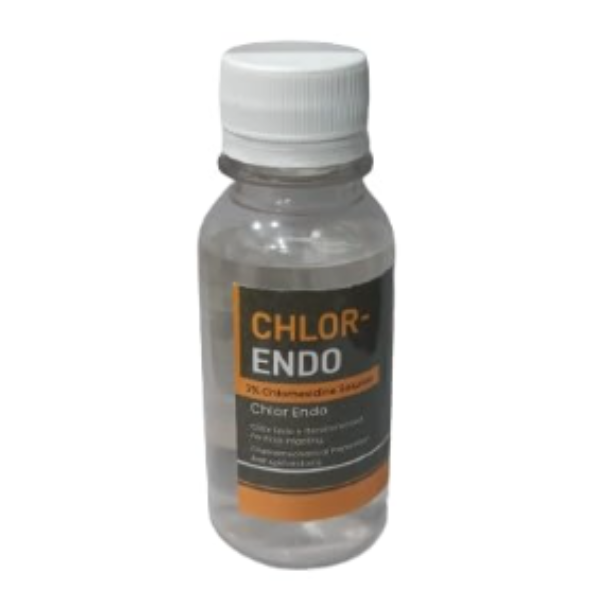
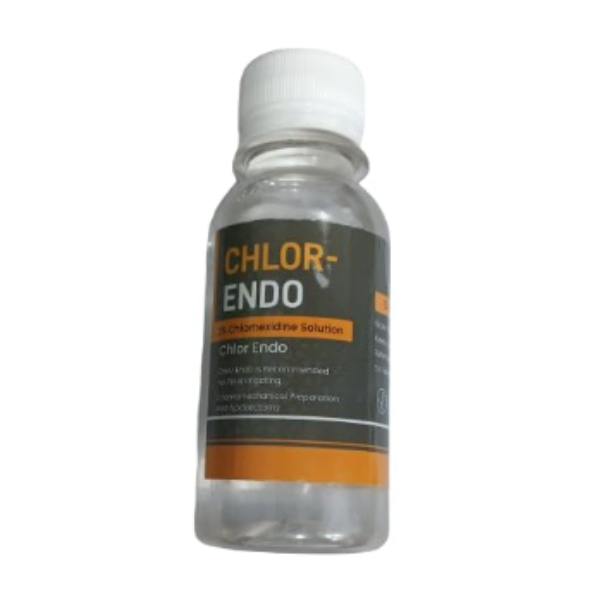
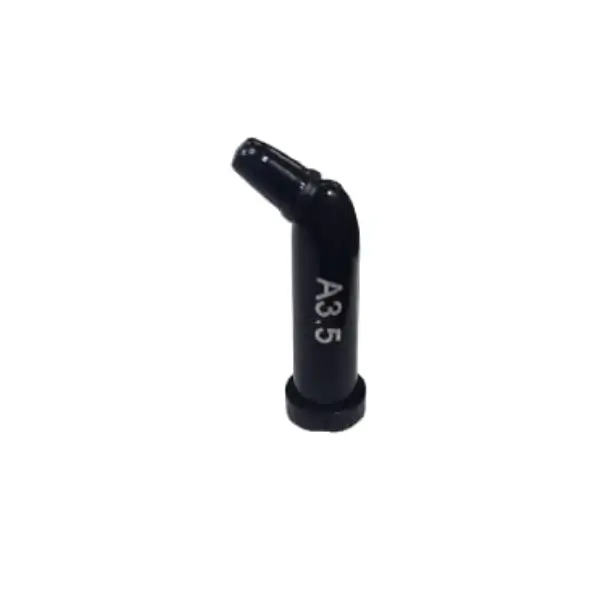
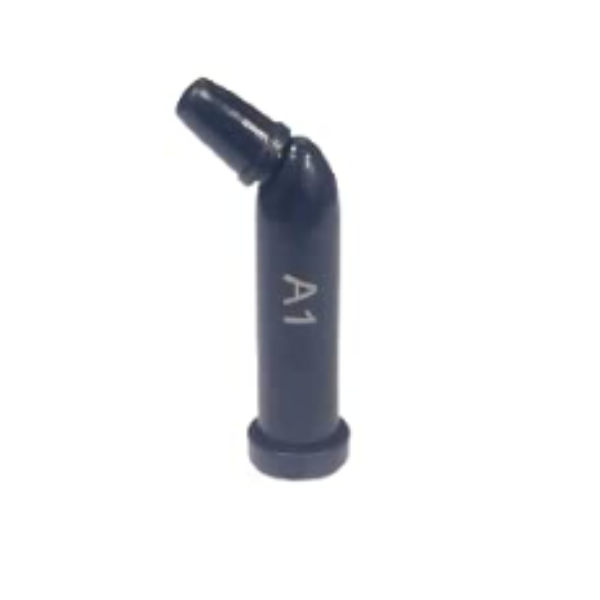
Reviews
There are no reviews yet.